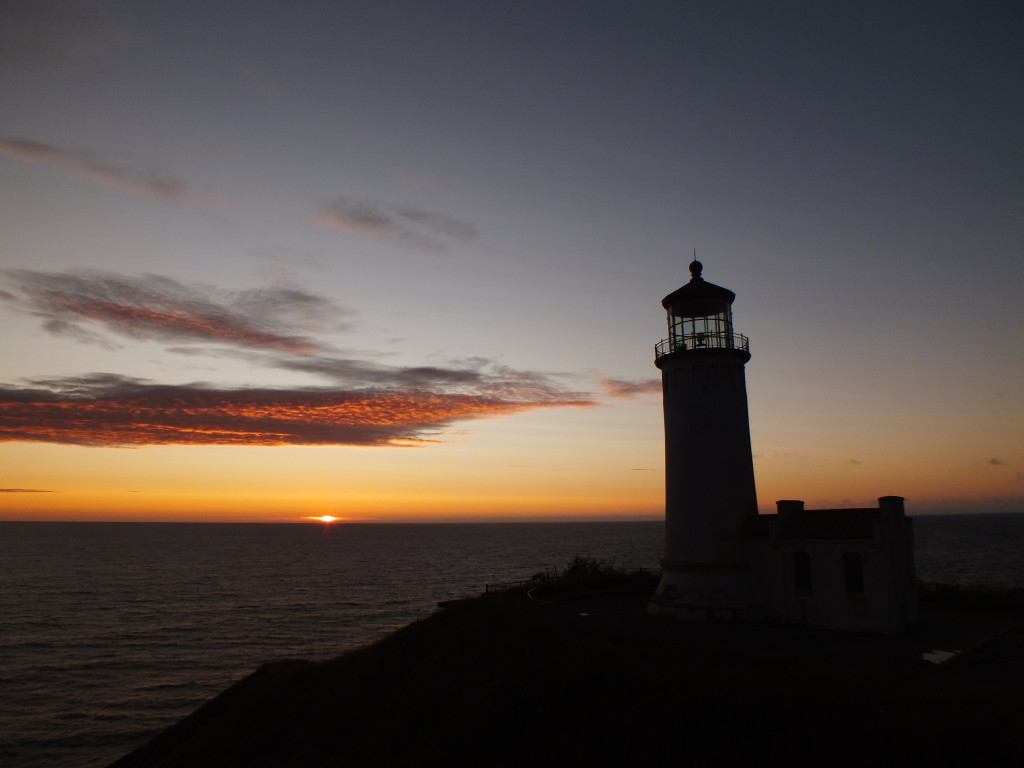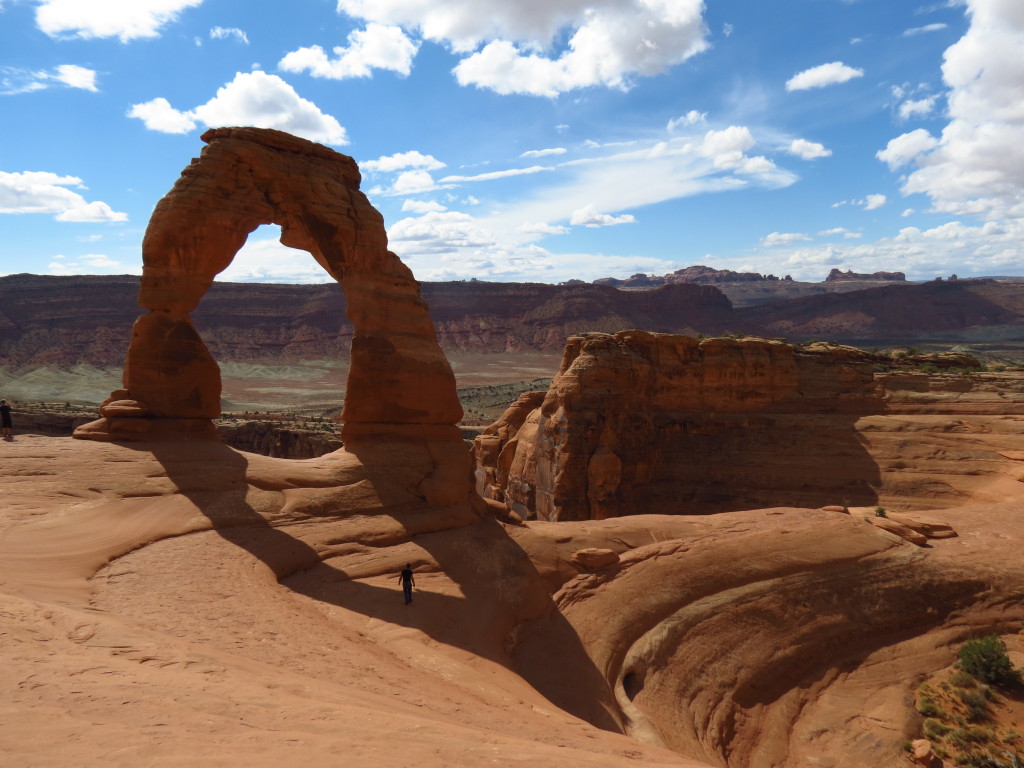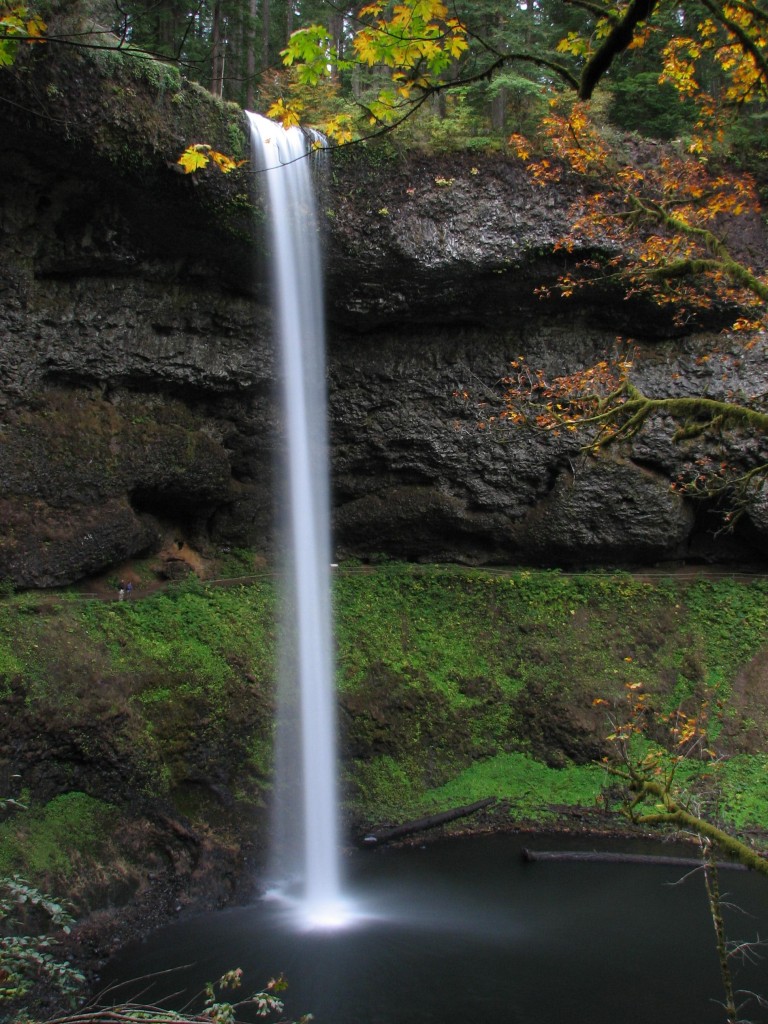Q: People aren’t born sexually attracted to others, so when is “too young”? I’ve seen people speaking out about assigning themselves to a label (not just asexuality) and end questioning too early, as things are especially prone to change in teens.
That is a very good question, and not one I have a clear answer for.
Do I believe that there is a time when someone is “too young” to know that they’re asexual? Yes.
Do I know where the boundary between “too young” and “old enough” is? No.
I think it’s different for every person, just like how puberty kicks in at a different age for every person.
Certainly, there’s a statistical range, but in my ten minutes of searching, I haven’t found a good study on the subject to take figures from. I found one that talks about the age of the first same-sex attraction, but not one about the first experience of sexual attraction in general. Since it’s the only data I could find, let’s proceed as if it’s valid for all types of sexual attraction. (Which it may not be.)
That paper says that the average age of sexual attraction is:
Boys: Mean=9.6, SD=3.6
Girls: Mean=10.1, SD=3.7
Skimming the article, I don’t see any mention of what the distribution of the sample is, so let’s go further away from attempting to come up with a sound conclusion here and assume it’s a normal distribution.
That means that by age 9.6, 50% of boys have had their first experience of sexual attraction, by 13.2, it’s up to 84%, and by 16.8, it’s almost 98%.
For girls, it’s 50% by 10.1, 84% at 13.8, and 98% by 17.5.
I’d say 84% is a high enough threshold of reasonable certainty, so the boundary between “too young” and “old enough” is 13.2 for boys and 13.8 for girls.
Which is an absolutely ridiculous claim to make and it should be rejected out of hand.
At this point, it’s important to note a few things that call into question the validity of this conclusion:
- We’ve made some assumptions and leaps that aren’t based on the data. This is bad science.
- This model doesn’t actually allow for the existence of asexuality. It’s going off an assumption that everyone will eventually experience sexual attraction, even if you’re +13σ off the mean.
- The data comes from some random study from 1996 that I found during a quick Internet search. Has it been discredited? Has it been refined or superceded by better data?
- Is the data itself completely flawed because the study subject might not even understand what they’re feeling?
Beyond just the process errors, even if everything is accurate, why not set the bar at 9.6/10.1? According to the data, at that age, 50% of people have experienced sexual attraction, so if you haven’t, and you think you’re ace, you’ve got 50/50 odds of being correct.
Why not earlier? We often look at asexuality as the fall-through case. It’s where we end up after we’ve realized that none of the other orientations work. Am I straight? Don’t think so. Gay? Nope. Bi? Uh-uh. Guess I must be ace, then. But… Is it really that way? Did we only go through that because we didn’t know there was another possibility? Is there a way to know that you’re asexual without treating it as “none of the above”, something that can be recognized at an earlier age?
I remember sometime probably in the 5th or 6th grade, seeing a pin that read “I’m Temporarily Celibate” at some novelty store. I understood what that meant at the time, and thought it would be nice to have one that said “permanently” instead. That’s a sign. Were there others that were just not recognized? Is there a way to recognize them?
Patterns of attraction can begin to form well before puberty kicks in. I’ve heard of people who’ve known that they’re gay since they were five. Why shouldn’t there be a way to know that you’re ace when you’re five? As asexuality becomes more well known, will we start to decipher the clues?
Enough with all the theoretical stuff, on a more practical note, does it matter? I will admit to not being in tune with today’s youth, but are there really that many 11 year olds going around erroneously claiming to be asexual, simply because they haven’t gotten the hots for someone yet? Doesn’t strike me as something that’s widespread. And even if there are, what’s the harm? When I was 11, there were a lot of other kids who were fans of New Kids on the Block. When 14 rolled around, they all liked Pearl Jam and Nirvana. We never made them renounce their past of singing along to The Right Stuff. Kids change how they feel about things. Big deal. People position “You’re too young” as a way to protect children from the ignorance of youth, but is there really a group that benefits from this advice?
What’s more likely is that someone might start to notice something about themselves when they’re 11, 12, 13. They’ll start to notice that their friends are changing what they like to talk about. 14 and 15 come along and still no interest in girls (or boys, for that matter), and they start wondering why that is. Then, by the time they’re 16 or 17, they’re like “Yeah, I’ve waited long enough, that bus ain’t coming”, and so they begin to openly identify as asexual.
Saying to a 16 or 17 year old that they’re “too young”, when they’ve spent years of introspection and questioning, when they’ve noticed that pretty much everyone else their age has expressed some level of sexual interest yet they themselves have felt nothing, that is nothing short of harmful invalidation. There isn’t a shred of helpfulness about it. It’s merely saying “I’m going to ignore your feelings and simply tell you that you’re wrong, because I choose not to believe you.”
And “You’re too young” doesn’t end at high school graduation. It’s leveled at 20 year olds and 25 year olds and 30 year olds, too. I believe SwankIvy has remarked that “You’re too young to know” lasts until it becomes “You’re too old to want sex anymore anyway.“ There isn’t an age that satisfies these people. They’re like that normal curve up above: No one is actually asexual, they’re just +13σ off the mean.
[It was noted in a follow up response that the logical conclusion of this illogical line of thinking isn’t just that no one is asexual, but that everyone is actually bisexual. It’s just that most people haven’t found that special someone yet.]
So, all of this is why my answer to this question typically is:
If you’re old enough to understand what asexuality is, you’re old enough to know that you’re asexual.



